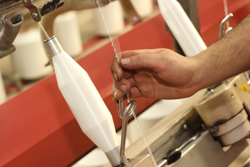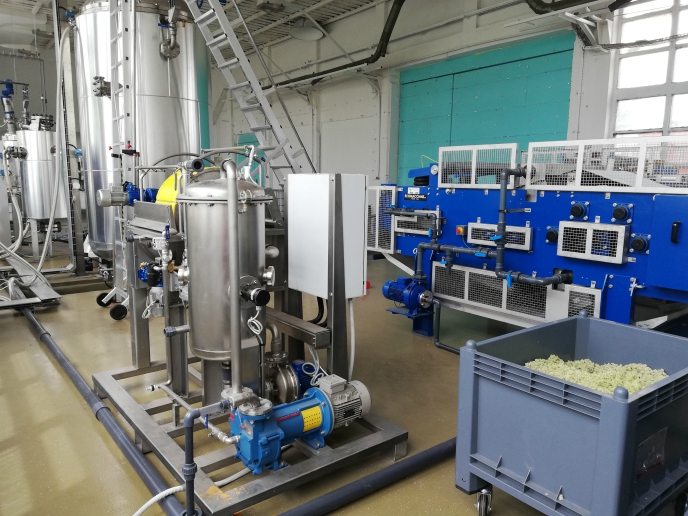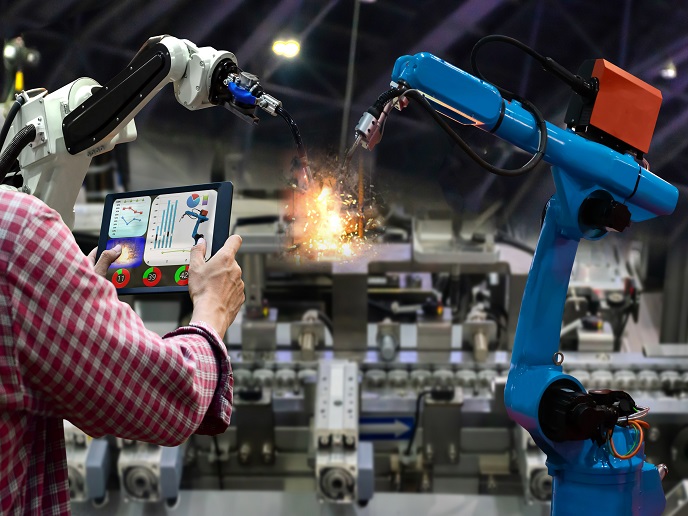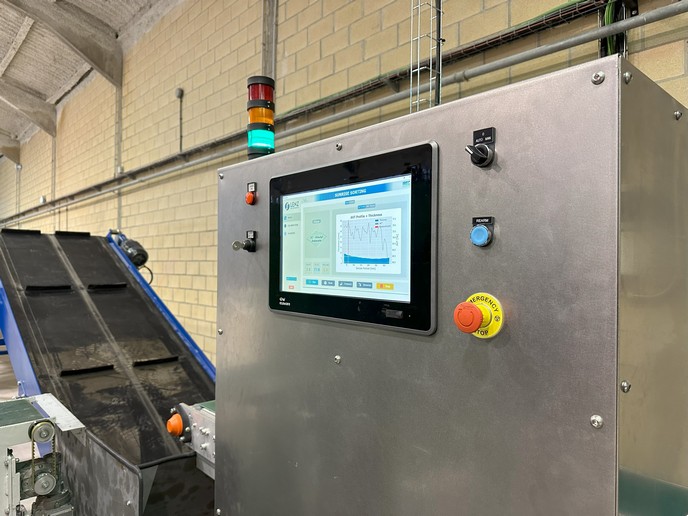Textile production comes clean
In general, laundry processes such as washing, dyeing and rinsing are considered very cost intensive and waste large amounts of water. This implies a strong need for a more advanced method to calibrate and streamline the process. The EU-funded project Washcontrol aimed to overcome this limitation using advanced sensor technology. The system developed aimed to save up to 30 % in water consumption using water recycling membrane technology. With this in mind, the team developed sensors and identified control parameters for rinsing and washing, in addition to analysing washing processes and identifying alternatives to less harmful chemicals. It then developed and tested a multi-detector system and control software under actual industrial conditions. Washcontrol investigated the most appropriate membrane recycling approaches and the effect of alternative chemicals, including overall tests of the wastewater that is treated through these filters. It found that permeate from selected nanofiltration or reverse osmosis membrane treatment was the most ideal for rinsing and dyeing without affecting colour fastness. In parallel, the project successfully tested and realised water recycling improvements, perfecting the associated software to yield more cost-effective recycling during the dyeing process. In effect, the project articulated a method for cleaner, more ecological textile production that was very cost efficient. Once the prototype hits the market, it will help the competitiveness of the sector in the EU and give a much needed push to the European clothing industry.







